Substack Reads: Where Netflix went wrong; video gaming’s most controversial director; plus: Is New York over?
One of the best things about Substack is the sheer multiplicity of voices here. Whether politics is your bag, or fashion, food, or something altogether a bit more eclectic, you can be certain there will be a writer, podcaster, or photographer exploring it on Substack.
Not everyone, however, is so sure of what they want to read or listen to all the time. Sometimes we want to be surprised and delighted by a writer or story that comes out of nowhere and grabs us so completely we think: How come I never knew about this? That’s why we created Reads—to highlight stories and voices we think you might enjoy but that you may have missed.
This week, that includes delving into the world of video gaming with writer Justin Charity, who shares a fascinating video essay on the gaming director Hideo Kojima. Or looking at how Netflix, according to Dan T in Technopoptimism, has set itself up for failure.
As ever, leave your comments below and tell us who we should be featuring in next week’s issue. But most of all, drop back, tune in, and be turned on by some of the best writing happening right now.
TECHNOLOGY
How Netflix disrupted its own success
The streaming behemoth’s binge-watching formula has created a problem it can’t get out of
—DanT in Technopoptimism
In February 2013 Netflix released their first original series, House of Cards, directly on their service. No one had seen this before. And all the episodes came out at the exact same time. You could choose to watch the entire season in one day! It’s become so cliché at this point that it’s easy to forget how shocking this was at the time. The delivery vehicle itself was so revolutionary it caused buzz. It was, genuinely, a 13-hour movie. This was no longer the skeuomorphism of “Blockbuster, but on the internet.” This was a new, internet-native way of producing and releasing and consuming content. Bravo to Netflix.
Except it was probably a bad idea. Sure, it started out great. Netflix rode hits like House of Cards, Orange Is the New Black, and Stranger Things. All their competitors copied it. But then, slowly, people stopped copying it. As the flaws of this system appeared—with all content becoming disposable content, endless cancellations, a need for constant content churn, quickly dying buzz, and the hell of spoilers—competitors went back to the old way. When the content titan Disney needed to launch their own streaming service, they had a signature show that fit the general concept: a short, serialized series telling one main story. But instead of releasing The Mandalorian all out once into a world where the IP was at its nadir and hoping for the best, they did it the old-fashioned way.
CULTURE
Is New York overrated?
“The true New Yorker secretly believes that people living anywhere else have to be, in some sense, kidding,” said John Updike, but Haley Nahman responds to one reader’s FOMO about not living in the Big Apple by going beyond the hype
New York isn’t all fantasy, nor is it “dead.” When such a wide swath of people and cultures intersect in a crowded coastal metropolis, the resulting vitality can’t be faked, no matter how many Chipotles and glossy high-rises with phony street art in the lobbies get built. New York is a rambling, heart-throbbing maze of everything. Incredible food, fascinating people—it means something to be the backdrop of so many people’s dreams and creative ambitions. It has a palpable effect. You can feel the history here, and also the sense that history is being made, and it’s thrilling to stand in the middle of that. But in a more practical sense, New York is a dense urban center plagued by political corruption and economic disparity. It’s suffering and complicated and drowning in hype.
The hype is important. As my friend Mallory put it, New York is extremely well-marketed. But saying New York is the greatest city in the world is kind of like saying celebrities are the greatest people alive. Beneath the veneer awaits something far more regular than you might expect. To be widely beloved, to have global impact—it’s certainly exciting to be around. But the superlative is too shallow, too literal. Sure, New York conjures a specific, singular mood, but so do a lot of places.
WAR
The documents Russians are leaving behind
And what they tell us about the true nature of the invasion of Ukraine
—Lauren Wolfe in Chills

“Russians, thank you for helping us.” That’s what Yuriy Byelousov, the head of war crimes in the Ukrainian prosecutor-general’s office, told me as we sat in a restaurant in Kyiv that looked like it belonged in Lower Manhattan—shiny, sleek. Warm lighting.
Byelousov was dressed in all black and sat in a kind of nonchalant slump across from me. He’d been checking his iPhone throughout our interview but put it down when I asked him to scroll through a series of Russian documents I’d been shown firsthand and photographed. The cache contains a couple dozen pieces of paper at least, each one giving an accounting of some aspect of this war, be it a page from a Soviet-style attendance book, a sheet of call names for higher-ups, or a map of escape routes to a neighboring country.
Beyond these documents having incredible value to potential national and international prosecutions, they tell us a lot about the state of the invasion and the haste of the Russian troops. I’ve heard about a soldier’s unsent love letter being found and used in an investigation; it was written on the other side of a valuable sheet of information.
THE CREATOR ECONOMY
The long goodbye
A thin-skinned people pleaser attempts to distance herself from social media
—Sara Petersen in In Pursuit of Clean Countertops
I’m infinitely more capable of managing IRL overstimulation when I’m not simultaneously responding to the stimuli of social media. I feel more grounded, my brain feels less chaotic, and I’m far more likely to view the various rises and falls I experience throughout the day with at least a modicum of perspective. If the kids are fighting over who gets to use a fucking glass cup and the glass cup is thrown into the air and subsequently shatters, am I stressed and annoyed? OF COURSE. But if I’m not also feeling stressed or annoyed about that post or what someone commented on what I commented on that post or the internet rabbit hole that post sent me plummeting down, the kid fight and the broken glass are less likely to be the straw that breaks this camel’s back.
When I was off social media (for two beautiful weeks), I felt a little less connected to current events, sure. But I was happily surprised at how my various newsletter and media subscriptions kept me culturally and socially engaged in a way that didn’t trigger that same cycle of overstimulation as social media does (for me at least). Reading something written by someone whose perspective you enjoy, value, trust, and respect doesn’t carry with it that same potential for emotional upset as an hour on social media might.
HEALTH
Filled with regret
Author Daniel Pink on how to change the way we think about our deepest, saddest, and stickiest regrets
—Carissa Potter in BAD AT KEEPING SECRETS
Regrets… I have some experience in this area because (a) I am a highly sensitive person, and (b) I am always looking backward. Always. I have this annoying habit of ending the day by lying in bed thinking about all of the things that I said to people that day and wondering what the heck I was thinking.
But I also look back farther. I wonder about people I used to love and the choices I made, and I more or less languish in the past. Some people call this melancholic. Or nostalgic. Most of the terms associated with this kind of regret-filled thinking are negative. But then there’s Daniel Pink. He gives us a new way to think about “regret” that reframes our regrets as information that can actually help us…
GAMING
Is Hideo Kojima misunderstood?
To some, he’s the oddball director whose video games often split the difference between reality and lunacy. But for Justin Charity, Kojima achieves something shockingly real
—Justin Charity in Whitney’s Miltank
It’s hard to write about Kojima in the heat of the release cycles for his games. They’ve gotten so long and complex, in writing and design, and the execution windows and attention spans are only ever getting shorter. And I’m only ever getting older. So I’ve taken the downtime since Death Stranding to spell out the impression Kojima’s games have made on me over the years.
LISTEN
Analog friends
Musician Neko Case and artist Jacinta Bunnell look back on their decades-long friendship, including getting older, dealing with technology, and cloth adult diapers
—Sari Botton in Oldster Magazine
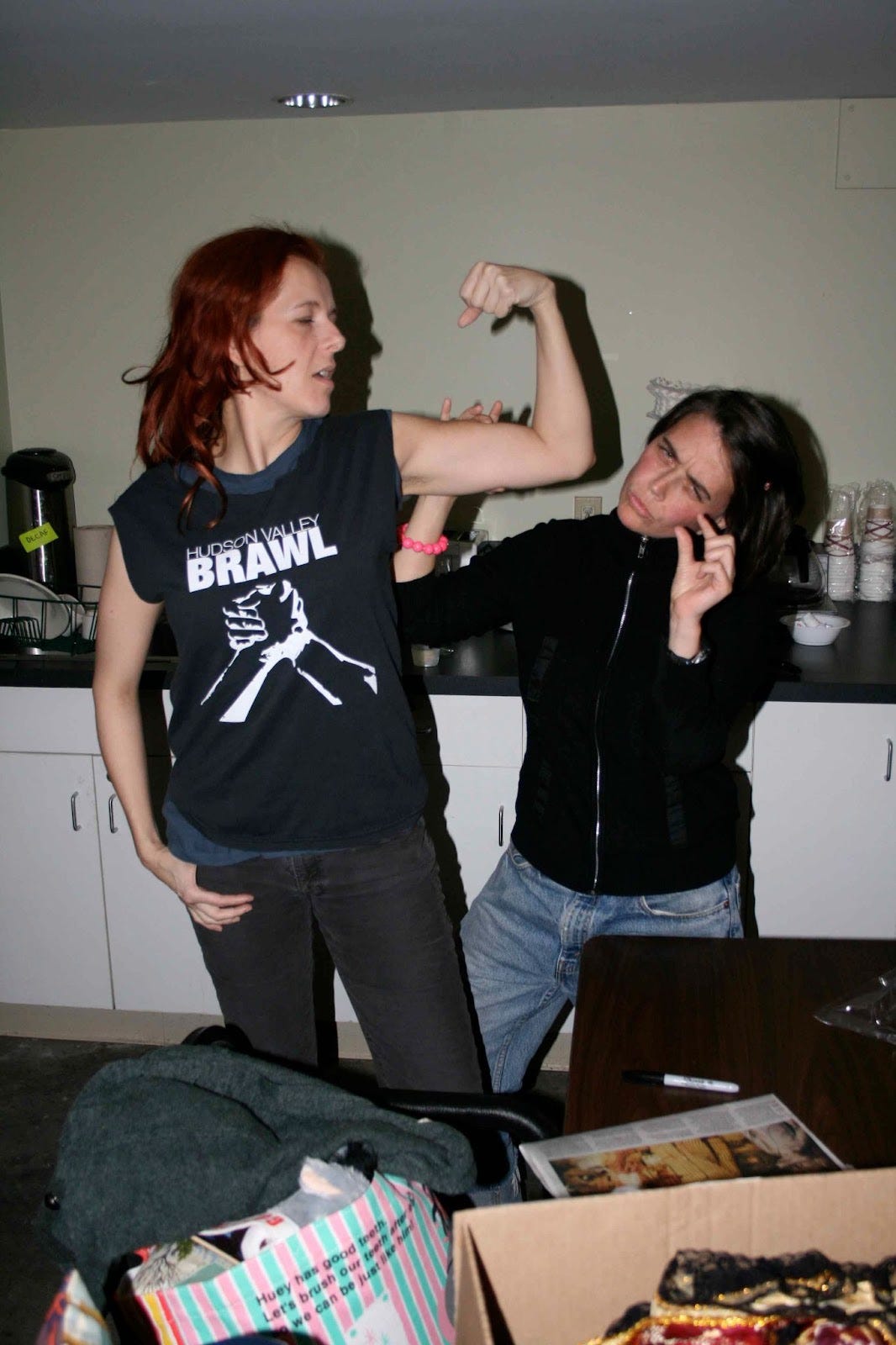
LITERATURE
Why we are drawn to book titles about someone’s daughter
The Lost Daughter, The Optimist’s Daughter, Memoirs of a Dutiful Daughter—Anne Kadet has a theory about literature's favorite title formula
—Anne Kadet in CAFÉ ANNE
In a misguided attempt to read everything written by the late English journalist, essayist, and all-around buzzkill George Orwell, I recently finished his 1935 novel “A Clergyman’s Daughter.” After I recovered, I got to thinking—aren’t there an awful lot of books with similar titles?
I could think of Amy Tan’s “The Bonesetter’s Daughter,” which was a big deal back in 2001 (and made into an opera!), and Eudora Welty’s “The Optimist’s Daughter.” There was the “Hangman’s Daughter” and, more recently, the NYT #1 best-seller “The Firekeeper’s Daughter.” Alexander Pushkin may have launched the whole trend way back in 1836 with “The Captain’s Daughter.”
A search on Goodreads revealed the situation is crazier than I thought. There are more than 400 “The X’s Daughter” novel titles. You could easily spend the next decade reading about the trials and tribulations of daughters.
WRITING
What does it actually take to write a book?
Literary agent and best-selling author Abigail Bergstrom lays it out—and launches her own search for a new literary star
—Abigail Bergstrom in Something to Say
I know the real sacrifices it takes to write a book. People often ask me: ‘Did you always want to write a novel?’ It’s a fair question. One that I’ve sat with and given a lot of thought. I think the assumption is that writing my own book was always the dream I held for myself, but in truth, I’m not the sort of person who dreams for things that aren’t possible. At the stage in my career when my book was published, it made perfect sense. All I did was talk about books, recommend them, hold them up in front of my face, and my whole existence—let alone job—was seemingly tied up in the magic of literature, dressed in a garment of words. But where I came from, people like me didn’t write books. Before I got my first job in publishing, I’d never known a published author or anyone who had ever written a book (with the exception of the academics who taught me when I eventually got to university). Those people just weren’t on my radar; they weren’t in my life. They were superhuman, people who were immortalised on bookshelves and interviewed on television.
Substack Reads is a weekly roundup of writing, ideas, art, and audio from the world of Substack. Posts are recommended by staff and readers, and curated and edited from Substack’s U.K. outpost with writer Hannah Ray and editor Farrah Storr.
Got a Substack post to recommend? Tell us about it in the comments.



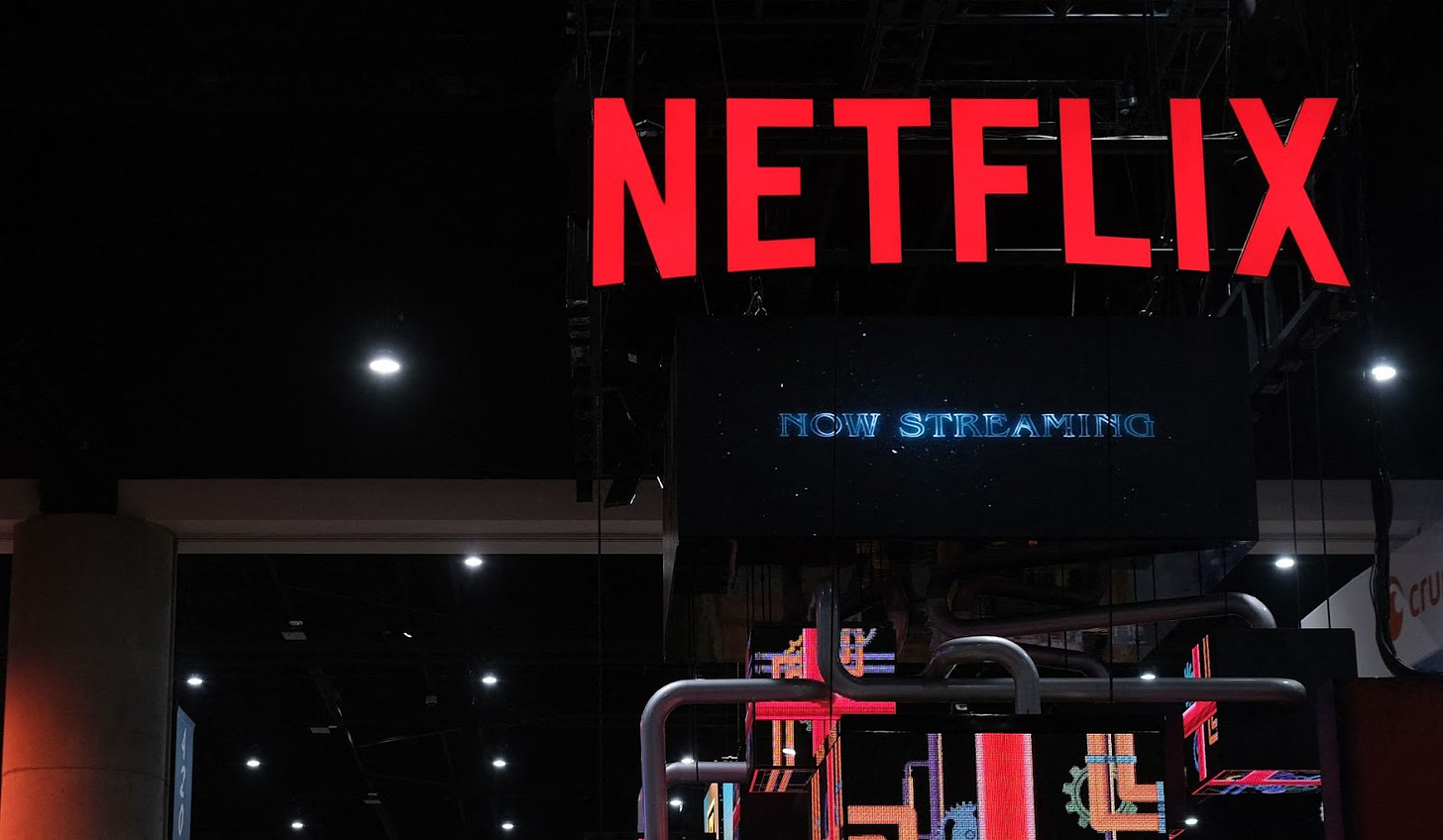

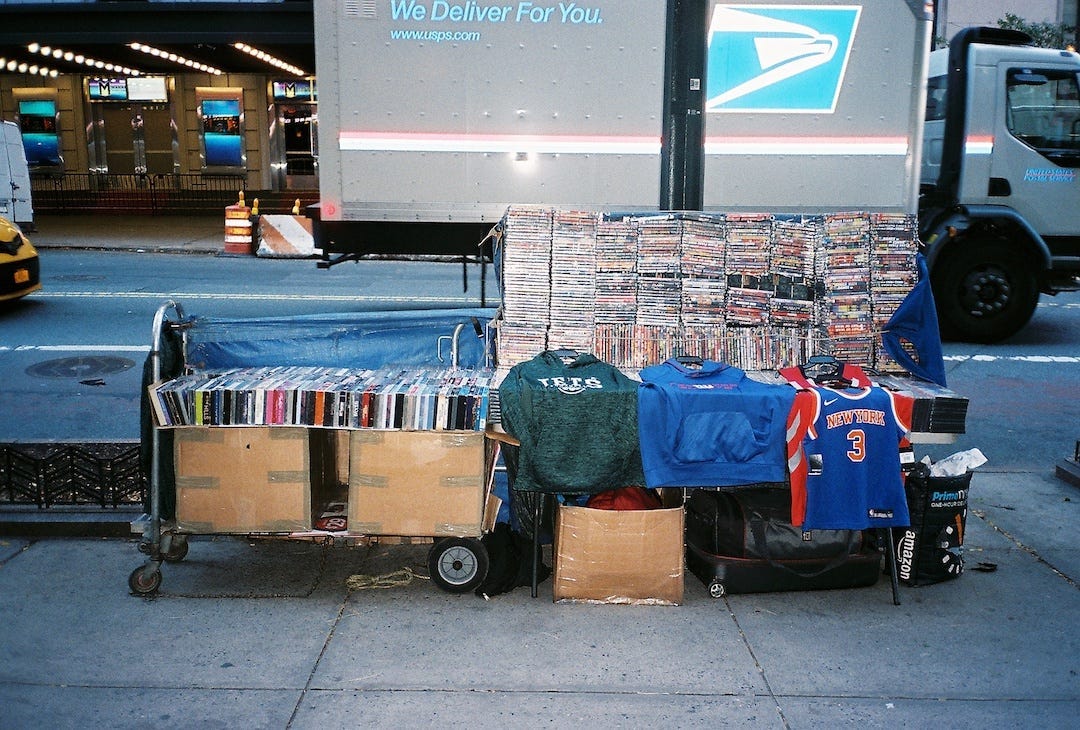




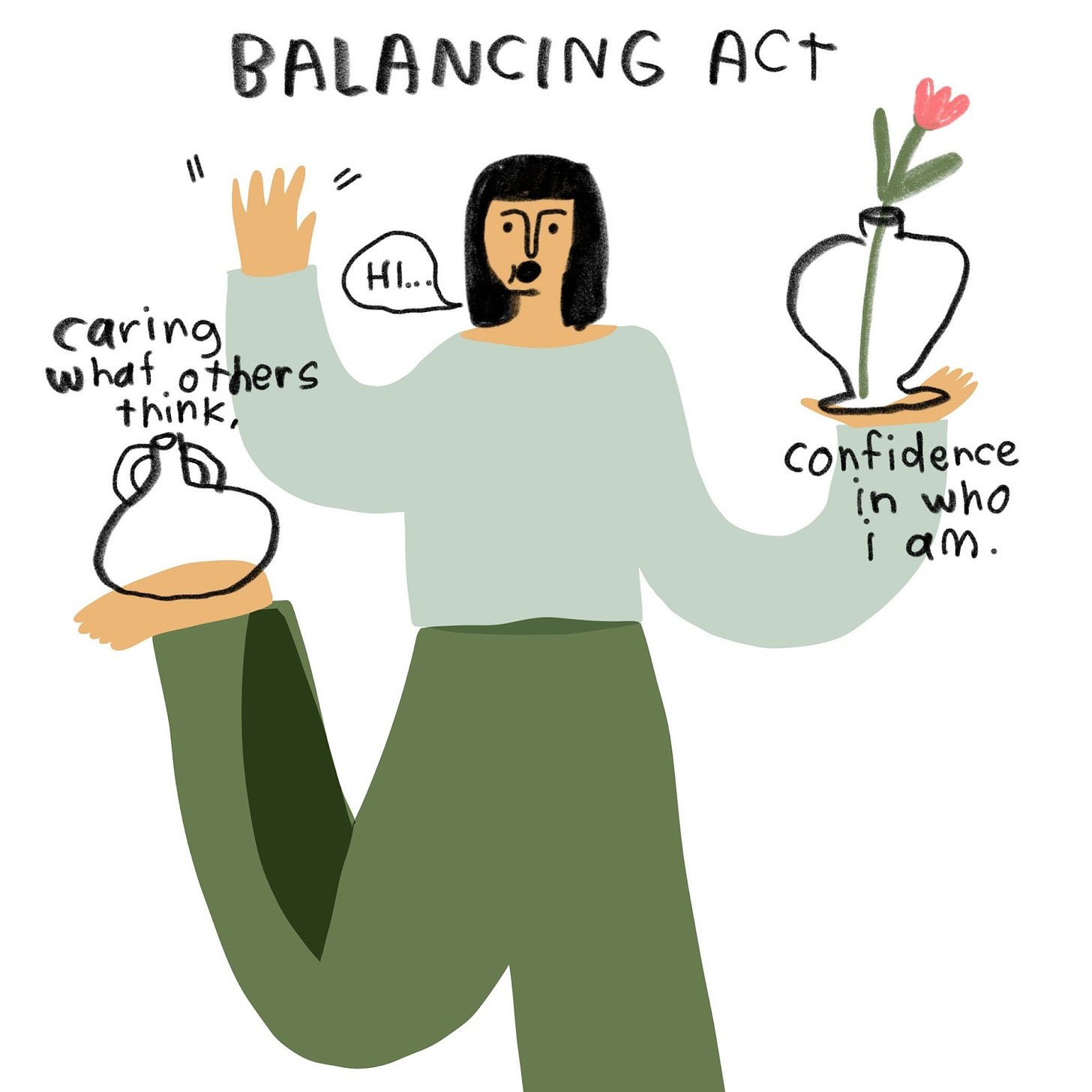

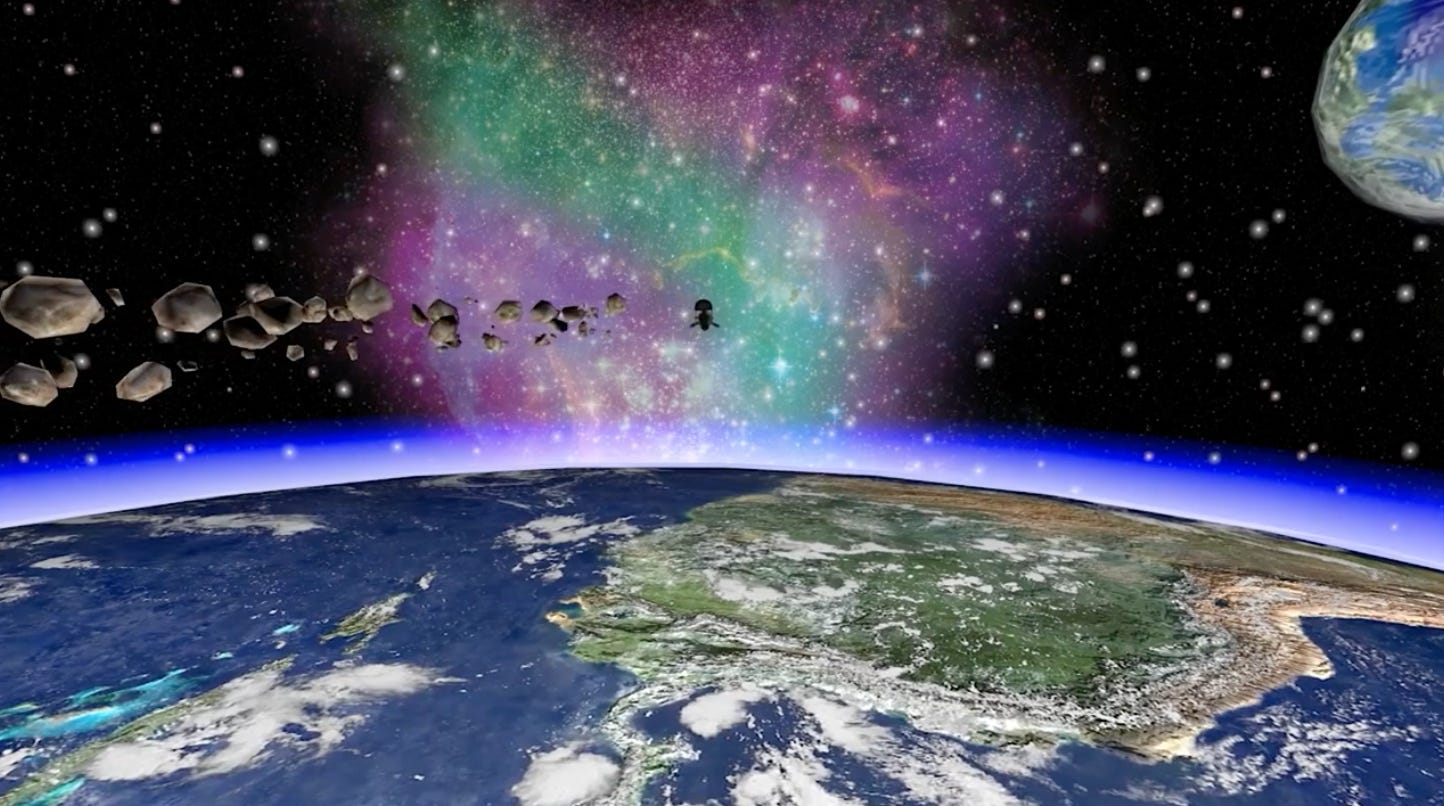


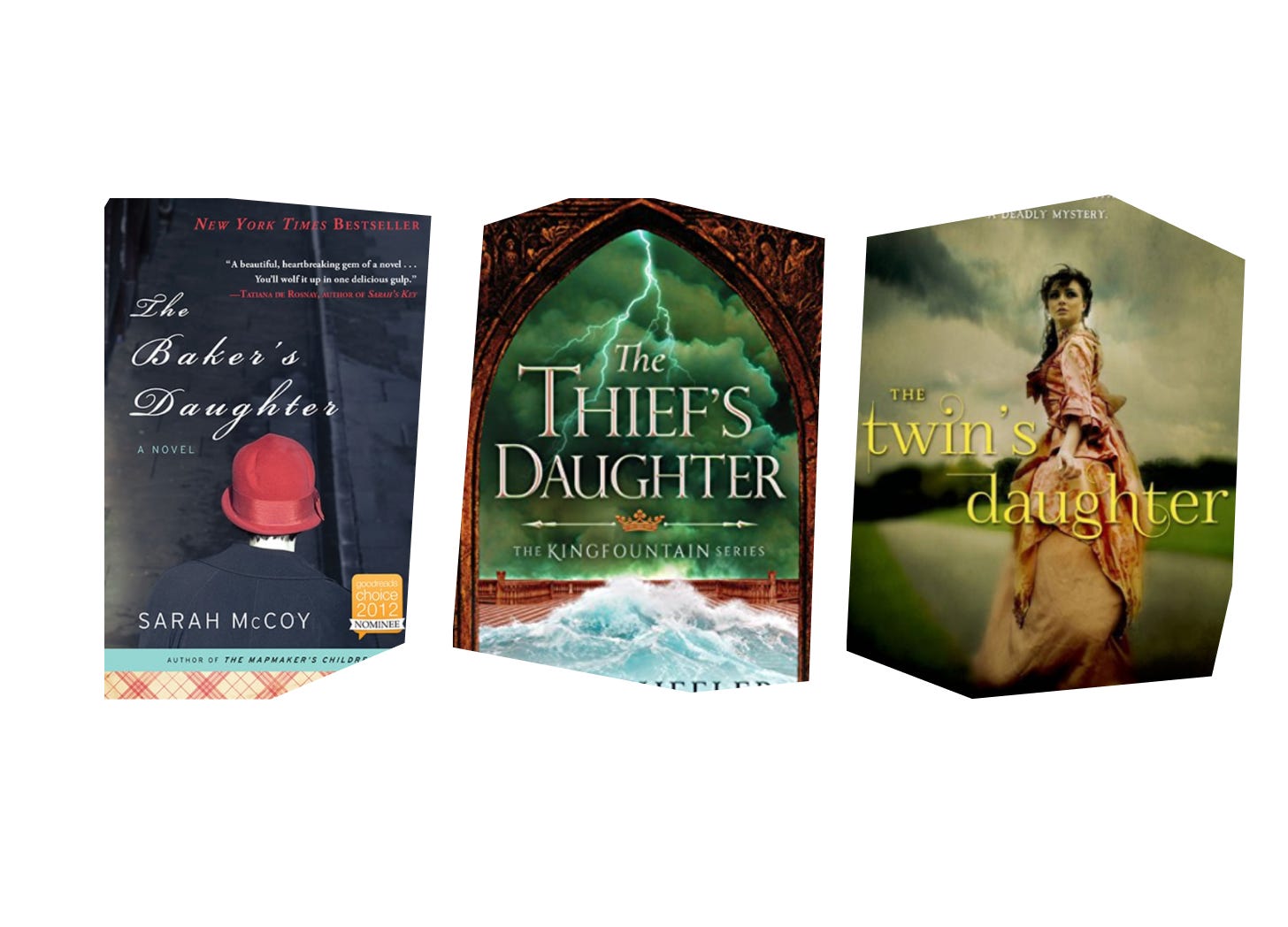



I think it is long overdue for media of all forms feature the natural world and the stewards who attend to it. A marine ornithologist who has featured in the New York Times by the name of Steve Emslie comes to mind. He is an international accepted NASA/NOAA scientist that investigates our warming planet in Antarctica. He is a professor at UNCW and takes his graduate students there every year from January to March. Those are summer months in the Southern Hemisphere.
Excellent writing about appreciating beauty in everyday life - the Sneakyart post